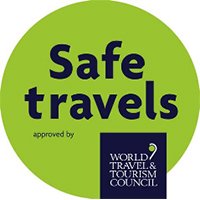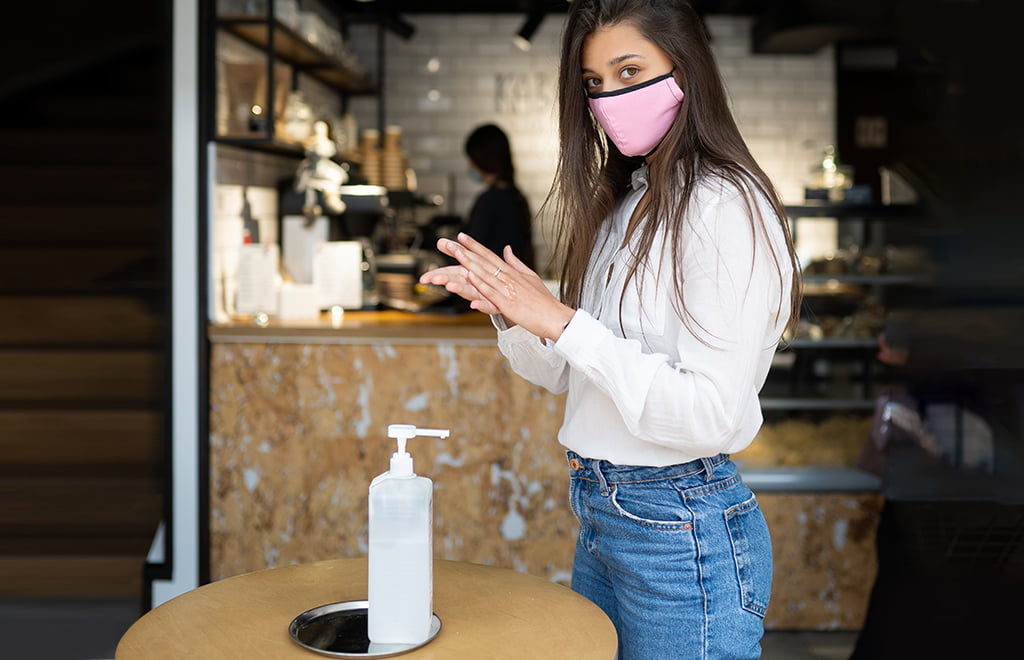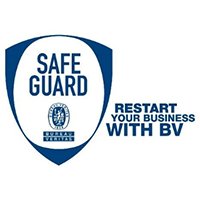After months of being stuck at home during lockdown, even the most experienced home chef would be longing for a meal that he or she did not labour to make in their kitchen. For some, a reason to change out of their sleepwear and get out of the house—with or without the kids—is becoming more of a necessity to keep their sanity than a celebratory activity. In short, people are eager to be able to eat out again.
It is safe to say that most, if not all, in the food-service industry are also eager to welcome back the diners that they are used to serving. Business owners are eager to be able to reopen and recover lost earnings while the service staff is eager to earn again after months of being without work. There are also many who simply miss the satisfaction of serving people meals that nourish them and giving them an enjoyable dining experience; who missed the creative expression that came with their food industry jobs. Whether it is grabbing an inexpensive meal at a quick-service restaurant or an exquisite dining experience at a fancy restaurant, food safety and the assurance that a consumer will not go home with a COVID-19 infection is of paramount concern to everyone.
For the employers or business owners and their management team, the responsibility for prevention and management of outbreaks rests on their shoulders.
- Take steps to ensure that staff adhere to existing and additional government regulations to keep the workplace safe while the COVID-19 threat still exists.
- Conduct a COVID-19 risk assessment of the entire workplace; having a tried and tested business continuity plan in place would also be a big help.
- Increase visible monitoring and enforcement of control measures including HACCP-based SOPs.
- Conduct regular reviews, including seeking feedback from staff and customers to identify areas for improvement.
All employees, on the other hand, must be more vigilant, strictly following all processes put in place to ensure food safety. Although it is very unlikely COVID-19 could be transmitted through properly prepared food or food packaging that is properly handled, staff must observe good hygiene practices at all times.
- Wash hands frequently with soap and water for at least 20 seconds (or sanitise), especially before and after handling food, cleaning cutlery, dishes, glasses, or other items to be used by the customer.
- Staff that handle dirty or used items, collect used dishes from customer tables, and handle payments should be designated for these activities only, whenever possible.
- All employees must ensure their thorough understanding of all HACCP principles and:
- identify any food handling hazard;
- identify the critical control points (CCPs) to prevent, remove or reduce a hazard;
- set limits for CCPs;
- monitor the CCPs;
- immediately correct any problem with a CCP;
- put checks in place to make sure the HACCP plan is working; and
- keep accurate and up-to-date records.
There are other resources available for business owners that could help to further reassure their customers that their establishment is a safe environment for them to be in. The World Travel and Tourism Council (WTTC) has come up with a global safety stamp to recognise establishments around the world who have adopted policies and protocols that ensure the safety of consumers (for more info, click here). Certification agency Bureau Veritas has also launched a Safeguard label for shops, restaurants, and other confined spaces were people gather (for more info, click here or here).
With business owners and their employees clearly understanding how their cooperation will ensure their customers will be safe while in their premises, this will allow for a more comfortable, enjoyable, and most importantly, COVID-19 safe customer experience. If you are in need of help with regards to implementing HACCP or another food safety management system such as ISO 22000 in your establishment, contact Affiniax Partners for a free consultation.




